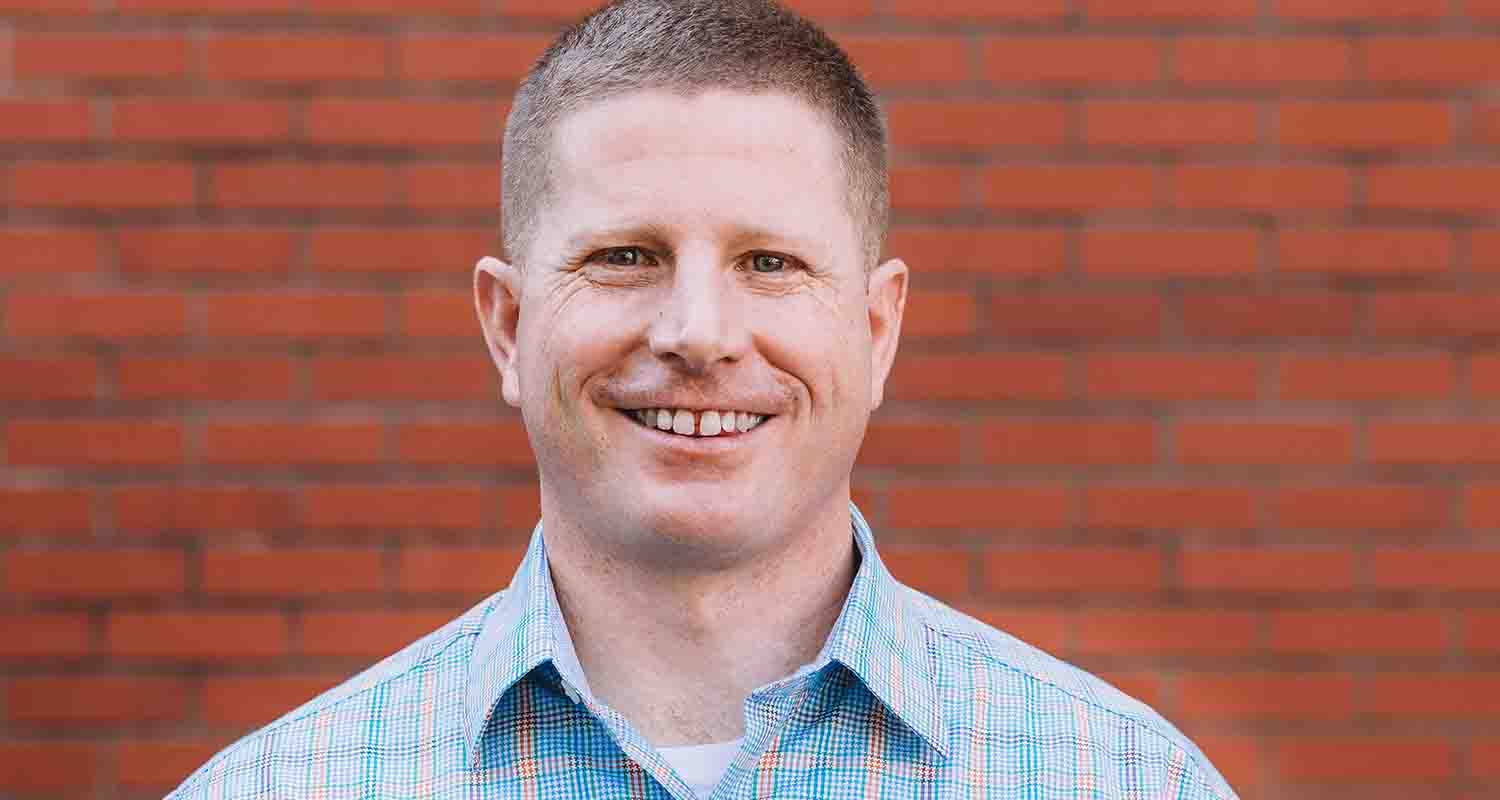Graduate Student Speaker Greg Cheney ’19PHD: My Deep Desire is to Assist Combat Veterans’ Transition to a New Normal in Order for Them to Experience Life in a Fulfilling and Meaningful Way

The NC State College of Education will graduate 157 students Dec. 19, 2019. This is part of a series of profiles with some members of the Class of 2019 who will walk across the stage this December.
Name: Greg Cheney ’19PHD
Area of Study: Educational Leadership, Policy, and Human Development with a focus on Counseling and Counselor Education

Professional Experience: Army Chaplain for the past 16 years and a licensed marriage and family therapist who trains chaplains on how to integrate pastoral and clinical counseling and assists civilian counselors with strategies for working with combat veterans.
Dissertation Topic: “The Integration of Pastoral and Clinical Identities: The Professional Identity Development of Pastoral Counselors”
Notable: He will deliver the Charge to the Graduate Students at the December 2019 Graduation Ceremony.
What I Hope Others Takeaway from My Charge to the Graduate Students: We are extraordinarily well-trained educators who are ready to impact our society and accomplish difficult tasks through close collaboration and camaraderie with diverse teams of professionals.
Why I Became an Army Chaplain: It combined my pastoral calling with my desire to serve my country in the Army.
Why I Went Into Counseling: I choose to further my education in counseling because I found myself counseling soldiers and their families about concerns that were amplified by the challenges of their military service. Army Chaplains train with and deploy to combat with the unit they are assigned to creating deep trust within the unit. Because of this, it is not unusual for the chaplain to be the first stop for soldiers needing help since chaplains experience the same hardships as soldiers. I felt a huge responsibility to become as highly trained as possible in my pastoral counseling.
Why I Work with Combat Veterans: This perhaps wasn’t a choice other than I chose to join the Army. Since we have now been at war for over 18 years, and my career has spanned 16 of those years, working with combat veterans is just a part of my everyday world. However, I continue to be drawn to working with them because I watch how their sacrifices due to their military service impact their most important relationships. My deep desire is to assist combat veterans’ transition to a new normal in order for them to experience life in a fulfilling and meaningful way.
Why I Decided to Pursue a Ph.D. Focused on Counseling and Counselor Education: I wanted to combine my combat experience and my experience caring for soldiers and their families with an education that would give me the necessary skills to educate other counselors who work with soldiers and their families. I also wanted to have the skill to be able to conduct and evaluate research and programs for the veteran community.
Why I Chose the NC State College of Education: Because of the quality of counselor educators that the Counselor Education program was producing.
What I’ve Learned at NC State I’m Applying to My Work: I have been able to refine my clinical work and supervision skills as well as gain the necessary knowledge and skills to impact the Army from a strategic level. I have been involved with evaluating research and implementing programs targeting the resiliency of soldiers and their families.
What I Wanted to Learn During My Dissertation Research: I chose my topic because professional identity development is so critical for pastoral counselors who are also licensed as a clinical mental health professionals. I set out to explore, and understand, the professional identity development experiences of these professionals.
What I Learned from My Dissertation Research: I learned that navigating both pastoral and clinical identities is a complex process in professional identity development. The more these professionals were able to integrate their pastoral and clinical identities the more prepared they felt in caring for their clients.
What’s Next for Me: I will continue work within the Army as a counselor educator in the Family Life Chaplain Training Program where chaplains are trained in a clinical masters program. This includes conducting and evaluating research and programs targeting the welfare of soldiers and their families. I also plan to help assist in the education of civilian therapists who are working with, and advocating for, the veteran community.
- Categories:


